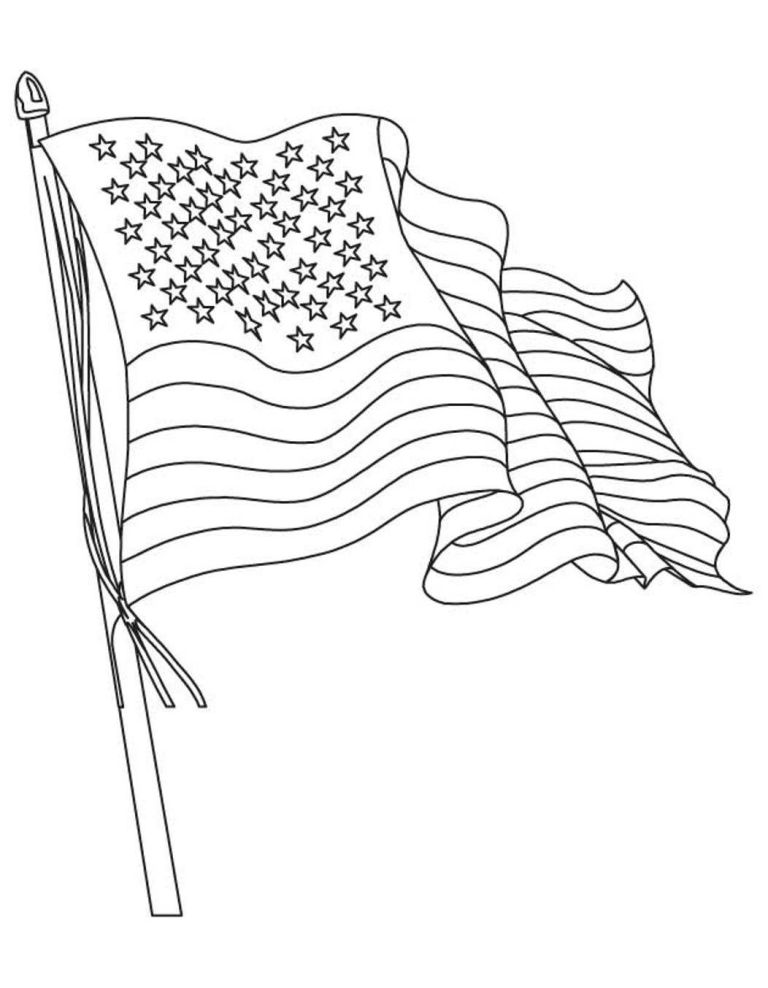My wife and I played a game of catch today. We were supposed to be packing because we are in the middle of moving houses. But there we were, lobbing a cowhide ball back and forth in the driveway.
The oldest game known to humankind is the game of catch. Eons ago, Eve took a bite of her apple, tossed it to Adam and said, “Hey, Adam! Catch!” And just like that, the Atlanta Braves were born.
I learned how to catch a baseball when I was 2 years old, sitting on the porch swing with my father. It was summer. I was eating a patriotic-colored popsicle. Witnesses remember my father underhanding the ball to me and saying, “Look alive, son!”
At age 2, I was not known for having feline-like reflexes. In fact, my greatest display of hand-eye coordination was applauding myself for peeing in my own bathwater.
So when the baseball arced through the air I merely drooled at it. The ball hit me squarely in the forehead. I
fell off the swing. My mother heard the thud and tore out of the house in a fury. And that’s how my father lost his front incisors.
Over the years, I studied the basics of my father’s cherished game. Not just the big stuff. I learned little stuff, too.
I learned how to spit sunflower seeds correctly, how to insult the batter’s mother, and how to get pine tar all over our family station-wagon interior.
I learned to keep my eye on the ball, to lift my fingers during a headfirst slide, to crowd the plate, and how to adjust my private regions mid-game for hundreds of spectators, like a professional.
But my most vivid memories are the ones where I’m playing catch.
Catch is its own game. It has its own cadence. There is no scorekeeping. No time limit. No rules. If you close your eyes and listen…







